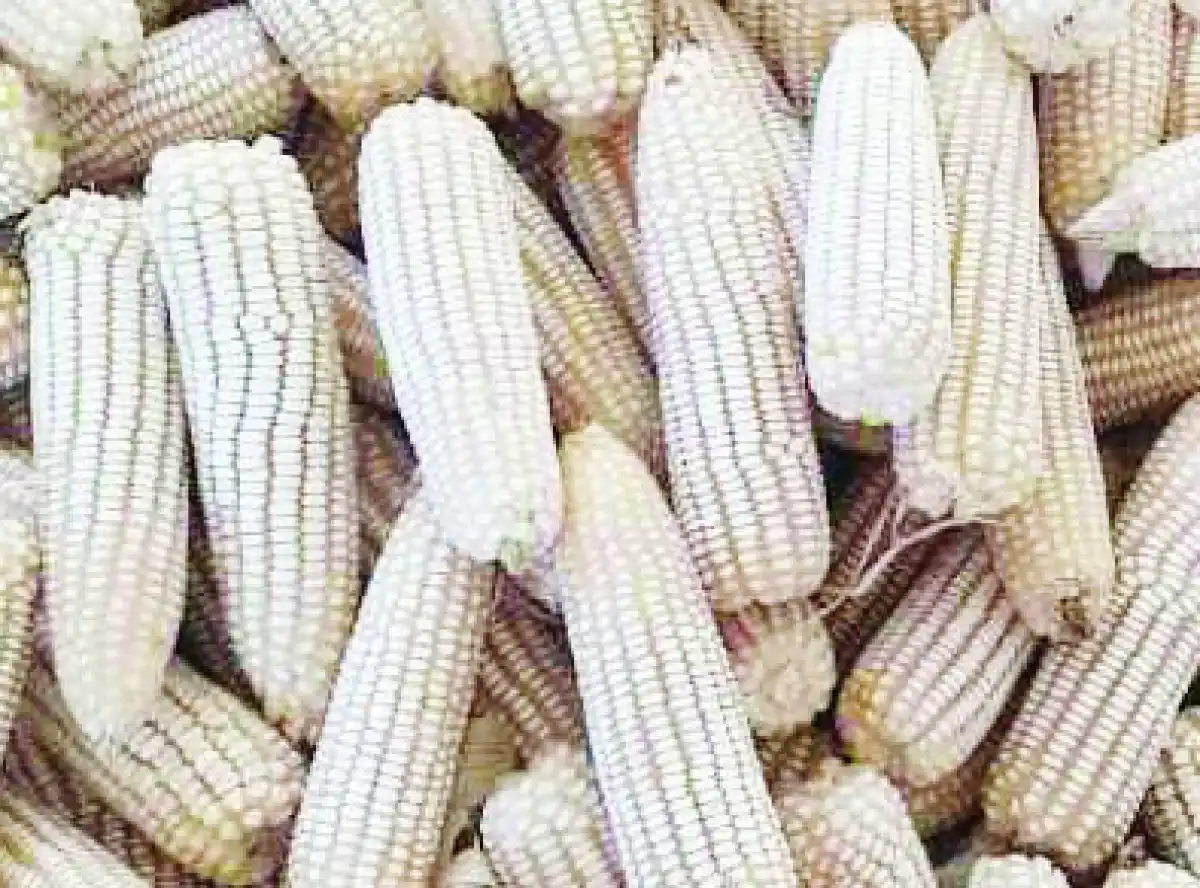
The Food and Agriculture Organisation (FAO) of the United Nations projects improved maize yields in 2025 compared to 2024, despite initial weather setbacks at the start of the growing season.
According to FAO’s Global Information and Early Warning System brief, planting is expected to conclude in January, slightly behind schedule due to rainfall delays of 10-20 days in some areas.
It notes that below-average rainfall and heatwave conditions during November and December may have affected early crop development.
However, weather forecasts for January to April 2025 indicate a high probability of average to above-average rainfall nationwide, prompting agricultural experts to advise farmers to replant early-maturing maize varieties.
The outlook remains cautious due to risks of above-average temperatures in central and northern districts – the country’s main maize-producing regions – and potential localized flooding.
Adding to farmers’ challenges, the Ministry of Agriculture reported African armyworm outbreaks affecting 412.6 hectares of maize crops.
Meanwhile, maize prices hit record highs in late 2024 due to reduced harvests, currency weakness increasing import costs and fuel shortages affecting distribution.
Agriculture Minister Sam Kawale said the government is issuing import licences for maize, flour and rice, while the World Food Programme continues to import supplies to help stabilise prices.








0 Comments